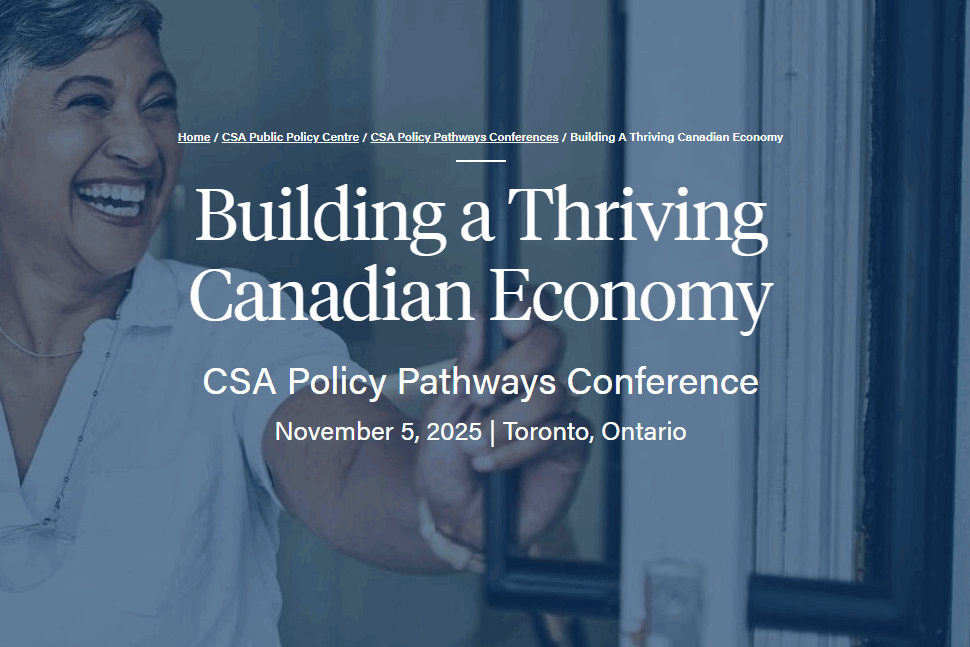Part of our Special Series: Always Canada. Never 51
A Canadian toy company is on the brink because of US tariffs. Millions in unsold stock. But this isn’t just one company’s problem—it’s Canada’s.
Author and Gloves Off podcast host Stephen Marche digs into the economic war we’re already in with the US. How can we fight against an economy ten times our size, where the tariff goal posts keep moving, and where any brokered deal is a tweet away from becoming meaningless? What are new approaches to doing business in today’s climate?
This episode features bold ideas from business owner and Shorefast founder Zita Cobb and chair of Social Capital Partners Jon Shell and looks at how to build the Canadian economy without dependence on a superpower in chaos.
Speakers
Zita Cobb
Founder, Shorefast
Jon Shell
Chair, Social Capital Partners
Stephen Marche
Host, Gloves Off podcast
Share with a friend
Related reading
Pipelines and algorithms aren’t going to save us | The Hill Times
Smart investments in natural resources and AI alone will not get us through this moment of geopolitical rupture. As Matthew Mendelsohn writes in an op-ed for The Hill Times, SMEs contribute just over half of Canada’s GDP and employ 64 per cent of our people. We have to make more low-cost capital available to the smaller businesses, locally owned enterprises, not-for-profits and social enterprises who crucially employ and reinvest locally, act as important local economic infrastructure and provide services that are crucial for well-being. They are automatic stabilizers in the face of tariff threats outside our control.
What’s wrong with mainstream economics?
Mainstream, or “neoclassical,” economics still dominates how we teach, study and understand our economy, even though much of it doesn’t match reality. In this piece, economists Louis-Philippe Rochon and Guillaume Vallet explain why outdated economic ideas persist and how they can lead to harmful policies. They challenge five common myths about inflation, growth and inequality, showing that today’s economy is driven more by power and institutions than by perfect markets. As "heterodox" economists, they argue it's time for a new kind of economics that reflects how the real world actually works.
Building a thriving economy: CSA Policy Pathways Conference
The CSA Policy Pathways Conference convenes leaders, thinkers and changemakers across government, business, community and academia to confront the pressing questions shaping our economic future. How can we build resilience in the face of global uncertainty? What will it take to unlock innovation and ensure its benefits are broadly shared? How do we design policies that promote competition, inclusion, and financial security? Join us on November 5, 2025, in Toronto, as we explore how we can take bolder steps toward a more resilient, innovative and equitable economic future.


